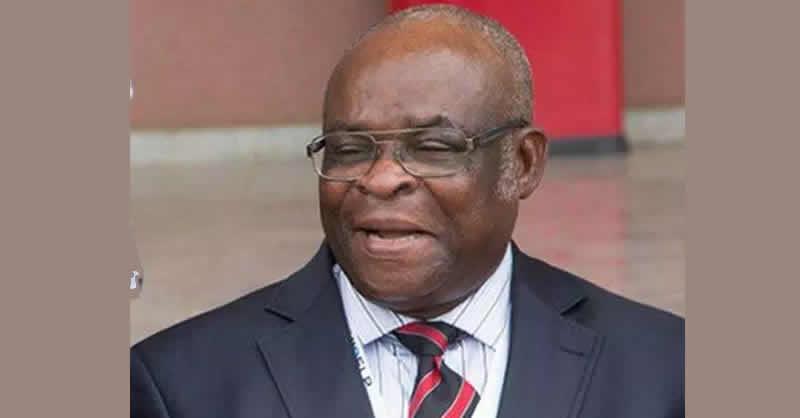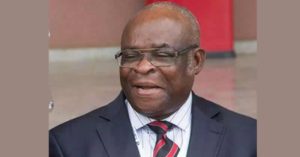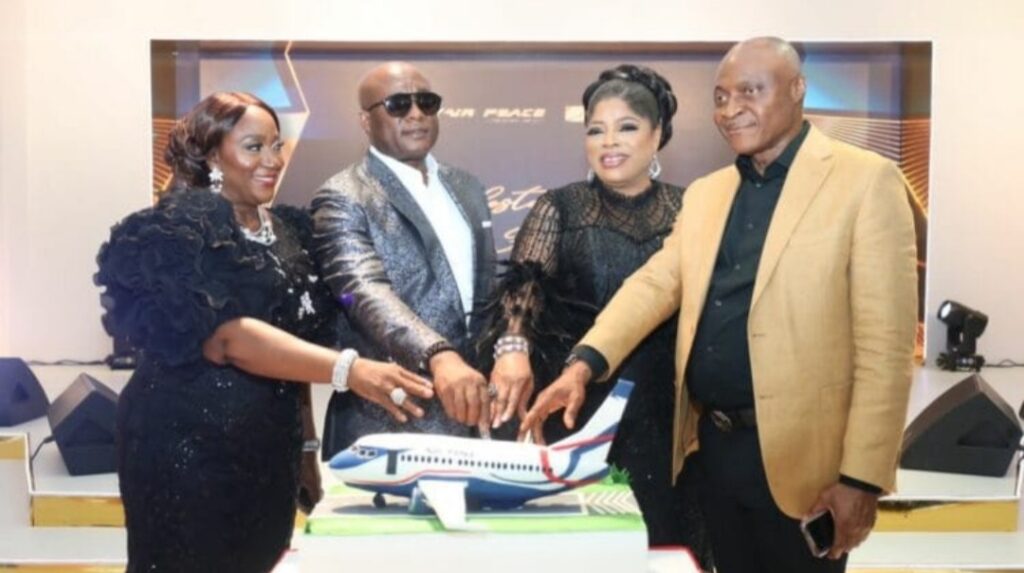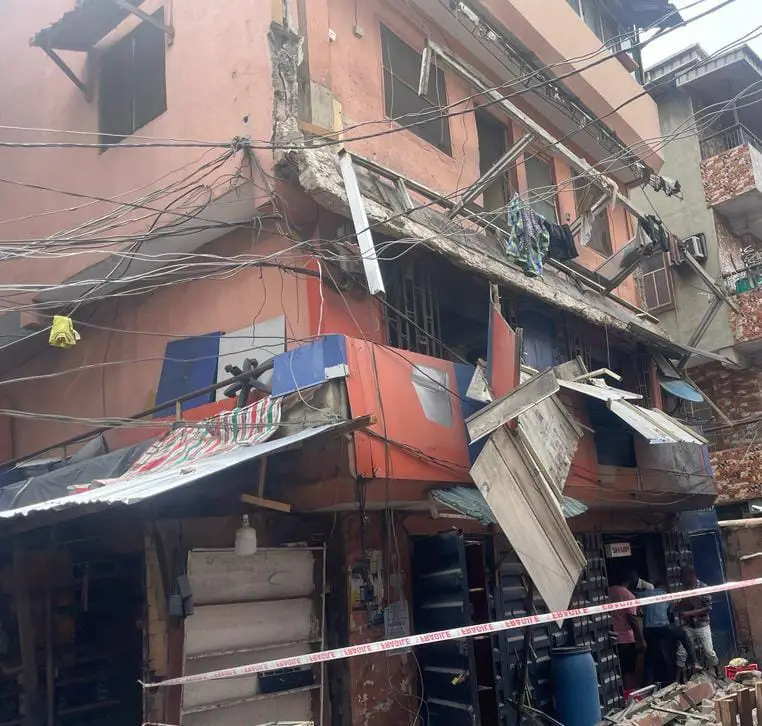Justice Walter Onnoghen, the suspended Chief Justice of Nigeria, on Friday, demanded an apology from the Federal Government for dragging him before the Code of Conduct Tribunal, CCT, for trial over his alleged failure to properly declare his assets.
The CJN who was temporarily removed from office by President Muhammadu Buhari on January 25 owing to allegations against him, said he deserved an apology since FG failed to tender any credible evidence before the tribunal to establish that he committed any offence known to the law.
He described the totality of exhibits FG adduced to support the six-count charge it preferred against him at the CCT as “hearsay, irrelevant and useless evidence”.
According to him, “there is nothing proved”. Consequently, Justice Onnoghen, urged the Mr. Danladi Umar led three-member tribunal to discharge and acquit him of all the allegations that were levelled against him in the charge, insisting that he has no case to answer. The defendant made the application through his team of lawyers led by Chief Adegboyega Awomolo, SAN, after he prayed the tribunal to uphold the no-case-submission he filed with respect to the charge against him.
Specifically, in the application he predicated on section 303 of the Administration of Criminal Justice Act, ACJA, 2015, the suspended CJN, argued that FG failed to establish a prima facie case that was capable of warranting the tribunal to compel him to enter his defence the charge against him. He argued that though FG alleged that he did not declare his assets, “there is no report of investigation before the tribunal to show that this is true”. He said there was no evidence that he did not file declaration of asset forms between 2005 and 2016. Besides, Onnoghen, challenged the evidential value of some of the exhibits FG tendered before the tribunal, including his bank statements.
He contended that the prosecution failed to fulfil condition precedents stipulated in section 84 of the Evidence Act for the admissibility of computer generated documents. He argued that the Code of Conduct Bureau, CCB, which purportedly recommended his trial, did not substantially comply with the constitution that it derived its powers from. “There is evidence on record that the CCB did not substantially comply with the law. “Even if there was non declaration, there must be verification. That was not done. There is no offence known to the law in this matter”, Awomolo argued.
More so, he noted that some of the exhibits were irrelevant to the case before the CCT since they were procured by the Economic and Financial Crimes Commission, EFCC. Relying on earlier decision of the tribunal in a similar charge FG filed against the Senate President, Dr. Bukola Saraki, the CJN, argued that neither the EFCC nor the Department of State Service, DSS, have a role to play in relation to proceedings before the CCT. Justice Onnoghen observed that most of the documents FG tendered through the three witnesses that testified before the tribunal, emanated from the EFCC. “It is our submission that this document addressed to EFCC in the tribunal’s proceeding is illegal and your lordship should not countenance an illegal document”. He drew attention of the panel to the oral testimony of FG’s star witness, PW-1, Mr. James Akpala who is a senior investigative officer at the CCB, to the effect that the Bureau had a Register were details of public officers that submitted their asset declaration forms were documented. The witness had informed the tribunal that the Bureau has a Director that is in charge of the Register.
In his no-case-submission, the CJN, argued that the Director was neither called to prove that he did not declare his assets, nor was the said Register tendered in evidence. “Neither the Register nor the Director was brought”, Onnoghen contended, saying the onus was on the CCB to prove that he did not file his asset declaration forms as required by the law. “The defendant has no duty to show that he filed the form. It is only when credible evidence is led to the fact that he did not file, that the burden shifts to the defence”, he argued.
Onnoghen’s lawyer further maintained that counts 2,3,4,5 and 6 of the charge were invalid as it failed to disclose essential elements of the offence of making false declarations. “It is mandatory for the prosecution to prove that there is verification of exhibit 1 and 2 (Onnoghen’s Asset Declaration Forms of 2014 and 2016). “They must show that the forms have been verified by the authority or persons authorized by the CCB “Without verification by the authorised person, there cannot be allegation of false declaration of assets. “It is not the duty of the prosecutor or the defence to verify, it is the responsibility of the authorised person”. The CJN stressed that essential elements of offence in each count of the charge must be proved before a prima-facie case can be said to have been established against him. “The authorised person must have investigated the statement in the declaration form and found that the declaration was false. “That person or authority must give evidence before the tribunal. In this case, what we have are mere speculation, assumptions and imaginative contrivance. “Therefore this tribunal should not compel the defendant to come and defend speculations. “We urge your lordships to uphold this no- cases submission, discharge and acquit the defendant. “Likewise, my lords should direct whoever was responsible for this trial to apologize to the CJN for bringing this shame to the judiciary”, Onnoghen’s lawyer added.
Onnoghen to FG: I deserve an apology






